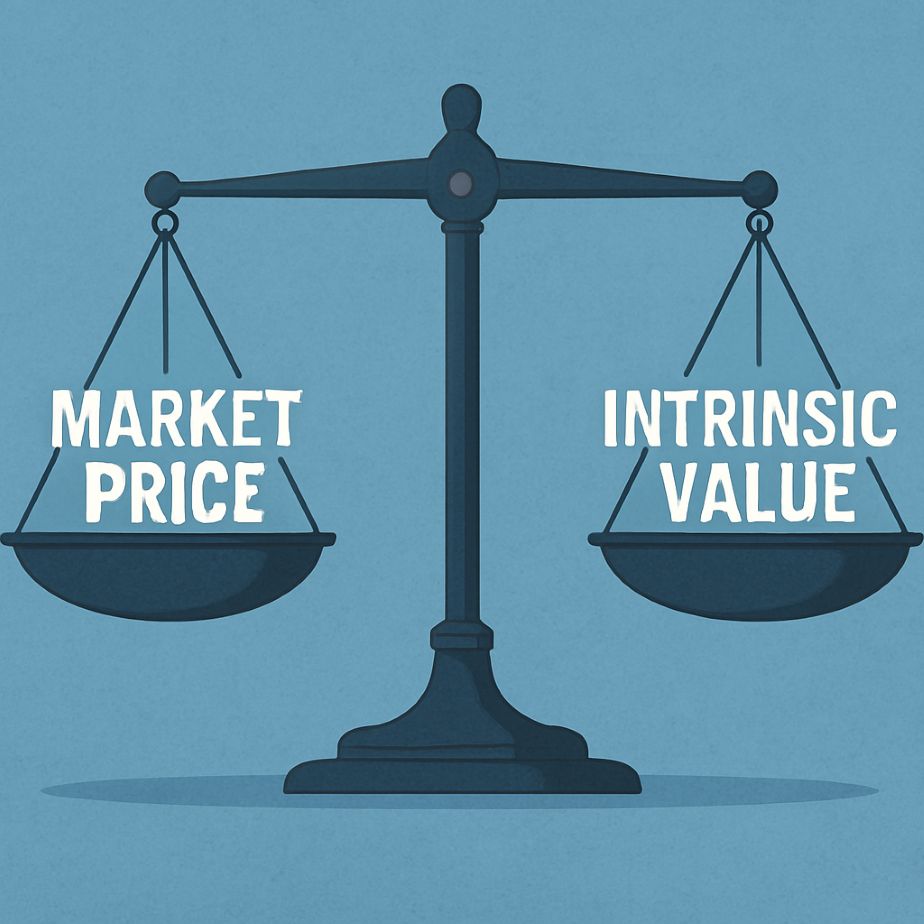Bayshore and the Business Value of Strategic Residential Developments
The rise of Vela Bay Bayshore outweighs the fact that residential developments are becoming more intertwined with business strategy, metropolitan planning and positioning of long-term capital. This is a private condominium project in Bayshore, Singapore. And as such, it is an indication of a wider trend in which housing projects are assessed based on lifestyle. Economic activity, workforce mobility and commercial sustainability are also factors for assessment.
Residential real estate is a supporting feature in business-oriented cities that have to anchor talent in the vicinity of transport, commercial areas, and other important services. The transformation of Bayshore into a contemporary residential node provides a vivid example of how location-based trends can have a significant impact on business ecosystems.
Location as a Business Competitiveness
Location is a repetitive criterion of success in business. Housing projects located close to transportation systems and places of work minimize pressure in everyday activities. Bayshore gives a private condominium the advantage of being integrated into the transport system of Singapore. It provides efficient access to the business central districts and industrial zones.
It also attracts those who will not compromise the quality of residence to connectivity. In the case of businesses, this will mean a more predictable labor force. There will also be less turnover indirectly reinforcing business performance and output.
Macro-wise, residential projects that promote the availability and accessibility of workforce make a city competitive in business destinations.
Corporate Mobility and Residential Real Estate

Residential availability is becoming a major concern to the global business in terms of expansion or repositioning of operations. Cities with well-organized housing facilities around business hubs get a competitive advantage over the attraction of multinational companies and head offices.
The need is met by the private condominiums in Bayshore that provide houses. They are in line with the international living standards yet being part of other urban structures in Singapore. This orientation facilitates the mobility of the corporation since newly recruited professionals are able to get appropriate residences without undergoing extended adaptation.
Investment Confidence and Market Stability
The predictability of the market is a close correlation with business confidence. The regulatory climate, clear property legislation, and strict financial regulations in Singapore offer an uninterrupted investment environment in the long run, which includes residential real estate.
Vela Bay is one of the companies that have applied this framework, making it less exposed to speculative volatility through controlled supply and steady demand. To business investors and institutional stakeholders, this stability would favor the preservation of capital with a moderated growth.
Real estate in strategic locations can be used to supplement much wider investment portfolios as tangible assets that offset the higher-risk financial instruments.
Fostering Business Lifestyles and Productivity
Residential settings that facilitate work-life balance have become the top priority of the modern business people. Being close to green areas, leisure places, and other facilities leads to well being that consequently influences productivity and performance.
Assets and Business Integration on a Long-term Basis
Strategically, residential developments must be perceived as a component of a bigger economic system, in lieu of being individual projects. Housing also has impacts on labor markets, consumer spending, and demand for services. All are factors that impact business development.
Bayshore has a private condominium that serves the local economic circulation through supporting retail, transportation, service industries. In the long run, this enhances the commercial viability of the surrounding areas building on the business ecosystem. To the decision-maker, these interdependencies can be understood to enable them to plan and be more aligned in their investments.
Corporate Responsibility and Sustainability
There is no longer an option of sustainability in business planning. The urban sprawl is minimized in residential development around existing infrastructure and enhances efficient land use, both of which are environmental and corporate responsibility objectives.
The inclusion of private condominiums within an established urban structure in Bayshore can also facilitate sustainable commuting behavior and responsible development. This strengthens the fact that Singapore is a city that balances economic development and long term environmental stewardship.
ALSO READ: OECD Urges G20 Business Organizations to Give Importance to ESG Ratings
Conclusion
Vela Bay Bayshore is an example of how residential developments can be used to serve the needs of larger business and economic goals. In matching location strategy, workforce requirements and long-term planning, Bayshore private condominiums can help lead to a competitive and robust urban environment. With the ever-evolving businesses determining cities by the challenging factors of talent, infrastructure, and stability, such changes have been part of sustainable development.






 Last Monday (Sept. 09,2024), Apple announced the roll out of its iPhone 16 and other AI-driven products on September 20. The company had previously unveiled its venture into the growing AI-technology trend by transforming Apple’s signature iPhone in line with the development of an AI-supported iOS 18, The prices of the new iPhone 16 range from $800 to $1,200.
Last Monday (Sept. 09,2024), Apple announced the roll out of its iPhone 16 and other AI-driven products on September 20. The company had previously unveiled its venture into the growing AI-technology trend by transforming Apple’s signature iPhone in line with the development of an AI-supported iOS 18, The prices of the new iPhone 16 range from $800 to $1,200. The company says the generative capabilities of Apple Intelligence (AI) will give iPhone 16 users a suite of Artificial intelligence
The company says the generative capabilities of Apple Intelligence (AI) will give iPhone 16 users a suite of Artificial intelligence  Recent studies show that consumers are inclined to pay more attention to branded content as the so-called “banner blindness” is now prevalent.Apparently, those who read branded content spend an average of forty-five seconds, which is definitely a lot longer than the average 1.6 seconds spent on viewing display ads.
Recent studies show that consumers are inclined to pay more attention to branded content as the so-called “banner blindness” is now prevalent.Apparently, those who read branded content spend an average of forty-five seconds, which is definitely a lot longer than the average 1.6 seconds spent on viewing display ads. According to a Nielsen report, branded content outperforms banner ads in terms of brand recall. Studies show branded content increased brand recall by 86%. Compared to banner ads, brand recall was measured at only 65%. These statistical findings clearly denote that branded content spurs online interac and raises consumer interest in goods and services.
According to a Nielsen report, branded content outperforms banner ads in terms of brand recall. Studies show branded content increased brand recall by 86%. Compared to banner ads, brand recall was measured at only 65%. These statistical findings clearly denote that branded content spurs online interac and raises consumer interest in goods and services.


 What started as a photo-sharing app has evolved into a powerful marketplace where visibility equals opportunity. For entrepreneurs, creatives, and established brands alike, growing an Instagram following is no longer just about vanity metrics. It’s about building a community that converts.
What started as a photo-sharing app has evolved into a powerful marketplace where visibility equals opportunity. For entrepreneurs, creatives, and established brands alike, growing an Instagram following is no longer just about vanity metrics. It’s about building a community that converts.
 As financial technology (fintech) grows more sophisticated, so do the risks—and the resulting legal battles. From massive data breaches to algorithmic trading failures and cryptocurrency heists, fintech companies face an ever-expanding web of liability. Often, the only financial lifeline during these disasters lies in insurance coverage.
As financial technology (fintech) grows more sophisticated, so do the risks—and the resulting legal battles. From massive data breaches to algorithmic trading failures and cryptocurrency heists, fintech companies face an ever-expanding web of liability. Often, the only financial lifeline during these disasters lies in insurance coverage. 

 AI-powered apps could eventually be able to grasp and answer natural language searches, hence facilitating investor interaction with their portfolios.
AI-powered apps could eventually be able to grasp and answer natural language searches, hence facilitating investor interaction with their portfolios.

 Aside from describing Pyth Network’s data feeds, this article discusses in brief, some examples of the oracle’s products and services. All of
Aside from describing Pyth Network’s data feeds, this article discusses in brief, some examples of the oracle’s products and services. All of  which work toward verifying and ascertaining if the conditions specified in a supported smart contract or defi transaction have been fulfilled. That way, the blockchain platform will automatically execute the actions agreed to by the contracting parties involved in the blockchain-based financial transaction.
which work toward verifying and ascertaining if the conditions specified in a supported smart contract or defi transaction have been fulfilled. That way, the blockchain platform will automatically execute the actions agreed to by the contracting parties involved in the blockchain-based financial transaction. Individual practitioner coverage, group policies for medical practices, and entity coverage for hospitals and clinics are among the several forms of medical malpractice insurance in Australia. Designed to meet the particular requirements of healthcare professionals, each type offers varied degrees of protection and advantages.
Individual practitioner coverage, group policies for medical practices, and entity coverage for hospitals and clinics are among the several forms of medical malpractice insurance in Australia. Designed to meet the particular requirements of healthcare professionals, each type offers varied degrees of protection and advantages.




 Based on the 2021 report of the
Based on the 2021 report of the  If you find yourself involved in an automobile accident in Louisiana and you want to file a lawsuit to claim compensations for the damages you suffered, it would be best to get the services of a reputable personal injury attorney. Choose one who can help you understand the complexity of the legal aspects of personal injury lawsuits to claim settlements in Louisiana.
If you find yourself involved in an automobile accident in Louisiana and you want to file a lawsuit to claim compensations for the damages you suffered, it would be best to get the services of a reputable personal injury attorney. Choose one who can help you understand the complexity of the legal aspects of personal injury lawsuits to claim settlements in Louisiana.




